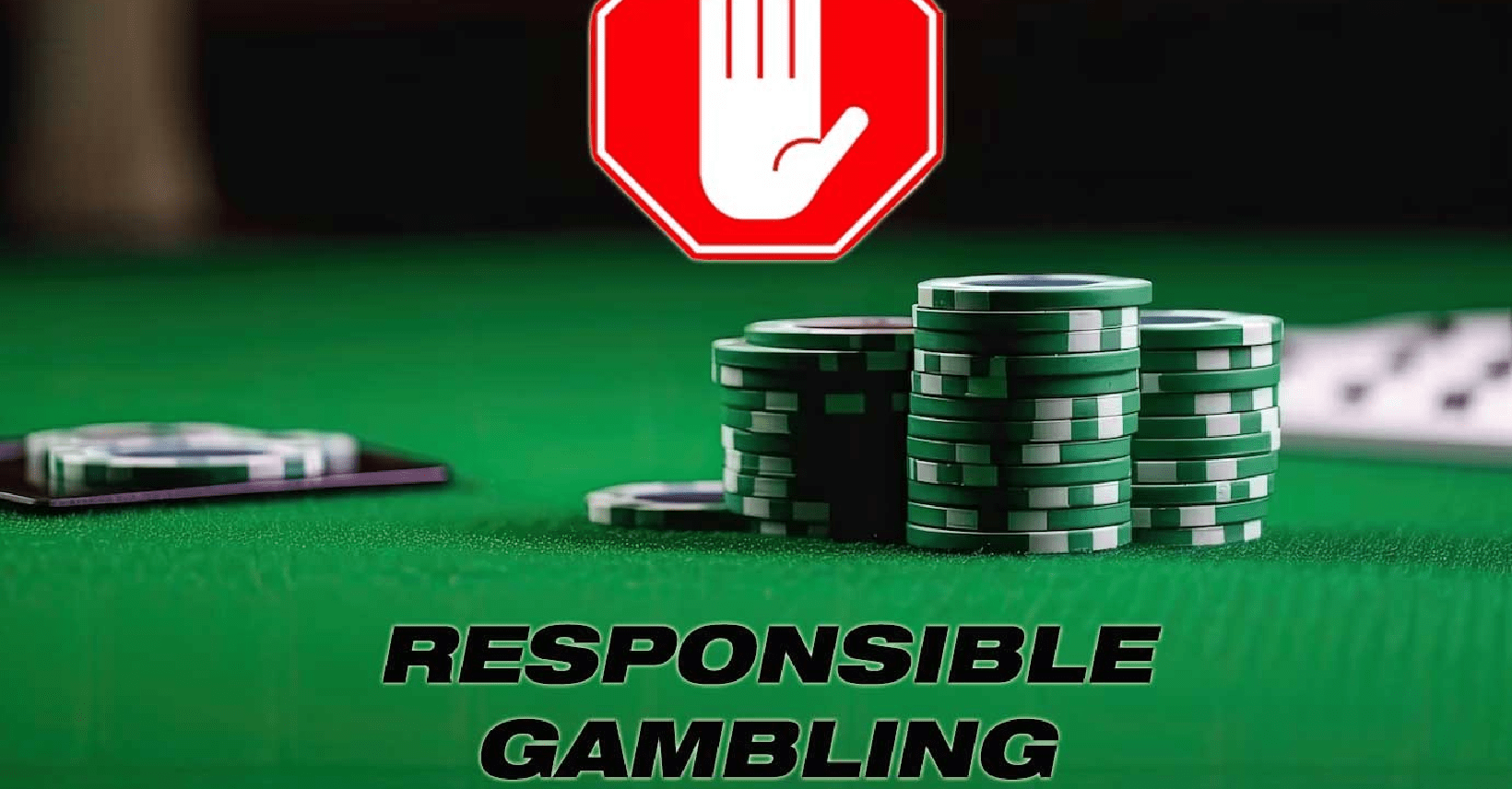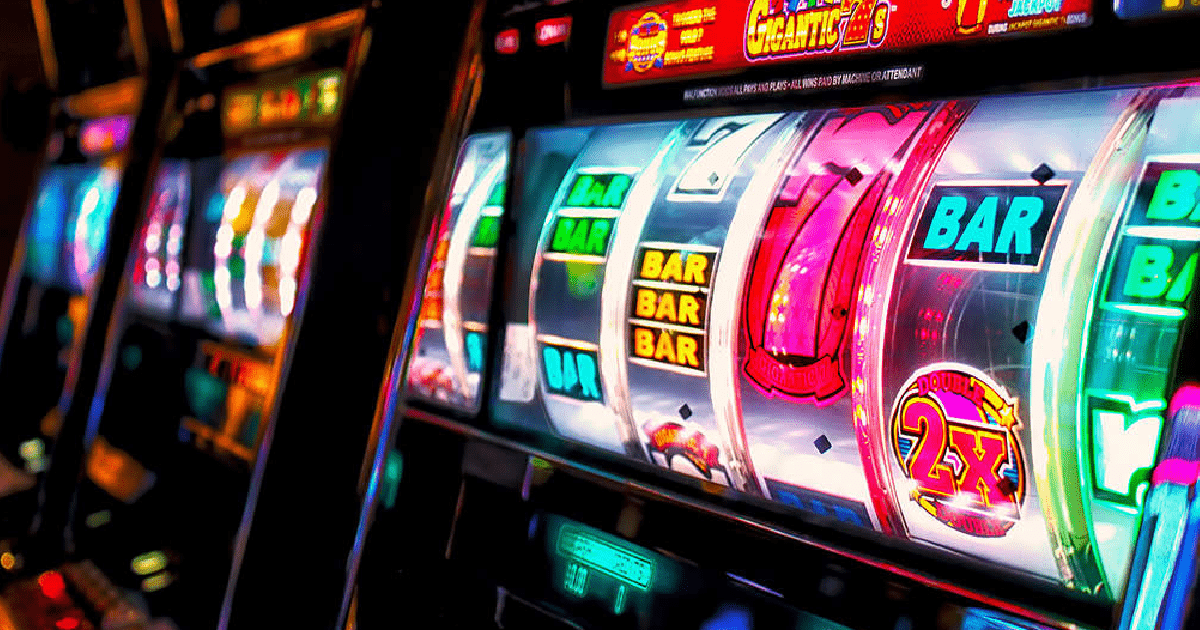Responsible Gambling: How to Seek Help
Recommended Casino
1

- Easy to use
- Low minimum deposit
- Desktop and mobile websites available
18+. T&C’s Apply
18+. New Players Only. Please gamble responsibly. BeGambleAware
2

- They hold a UKGC License
- Home to leading software providers
- Live chat is available
18+. T&C’s Apply
18+. New Players Only. Please gamble responsibly. BeGambleAware





